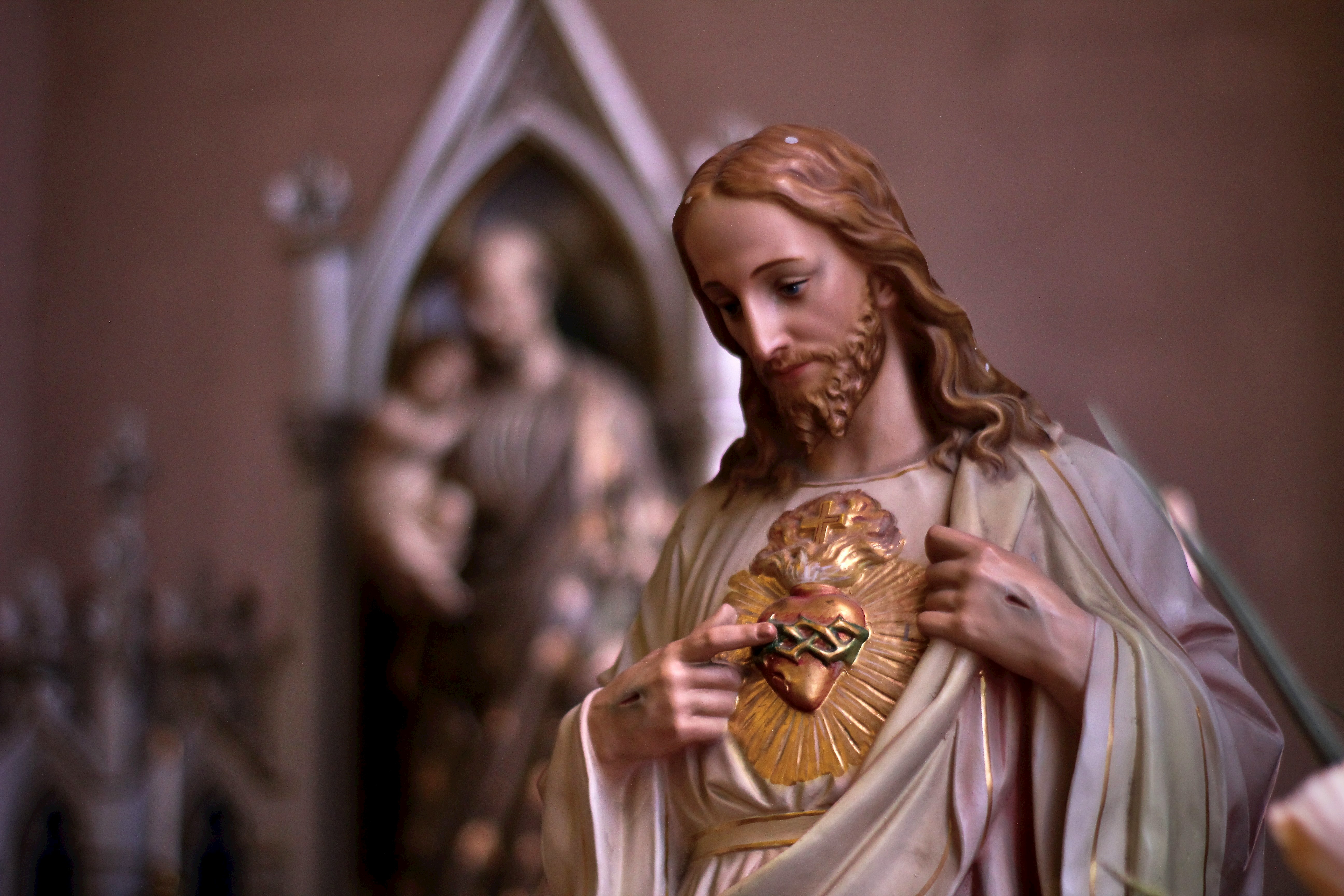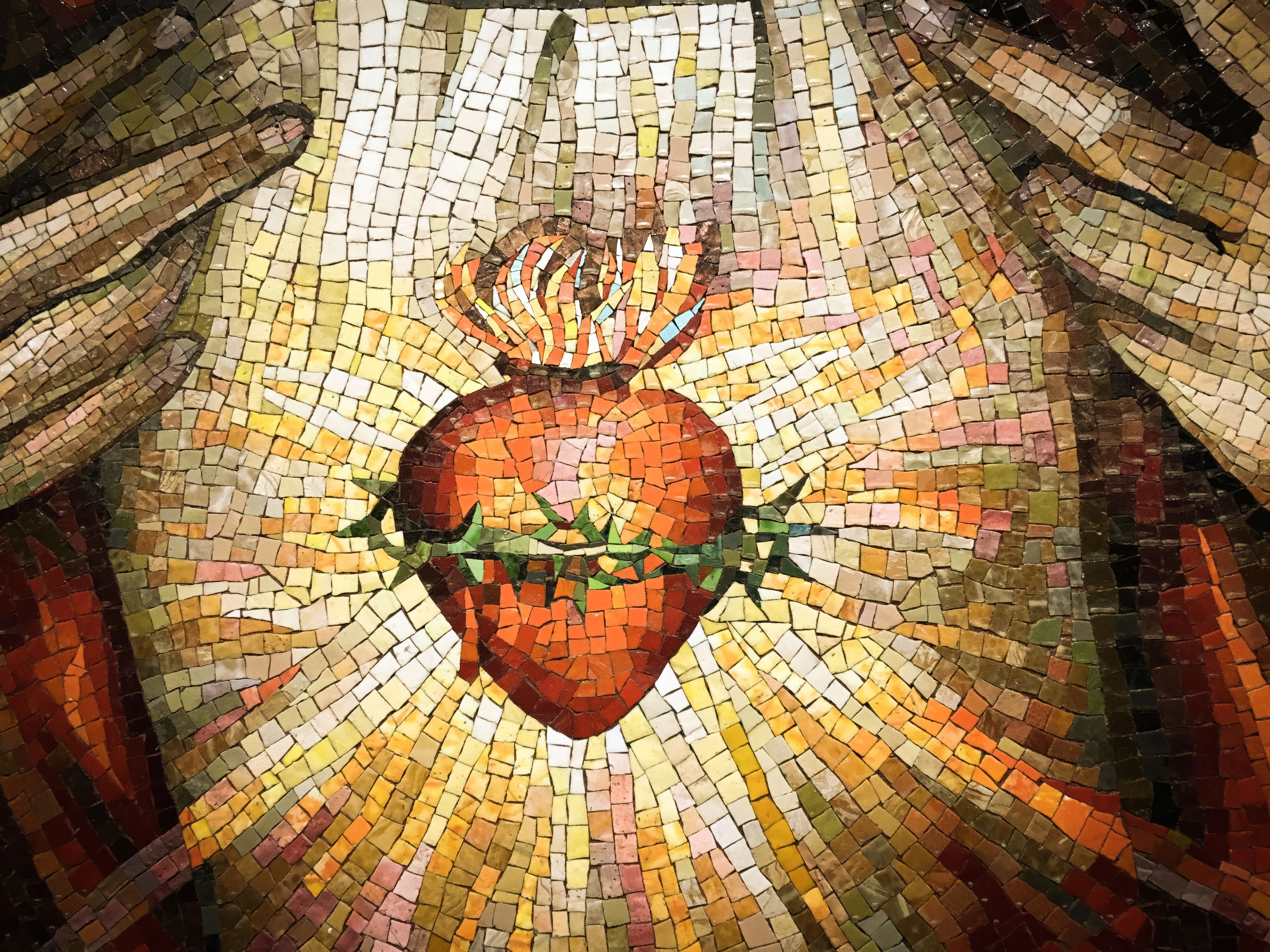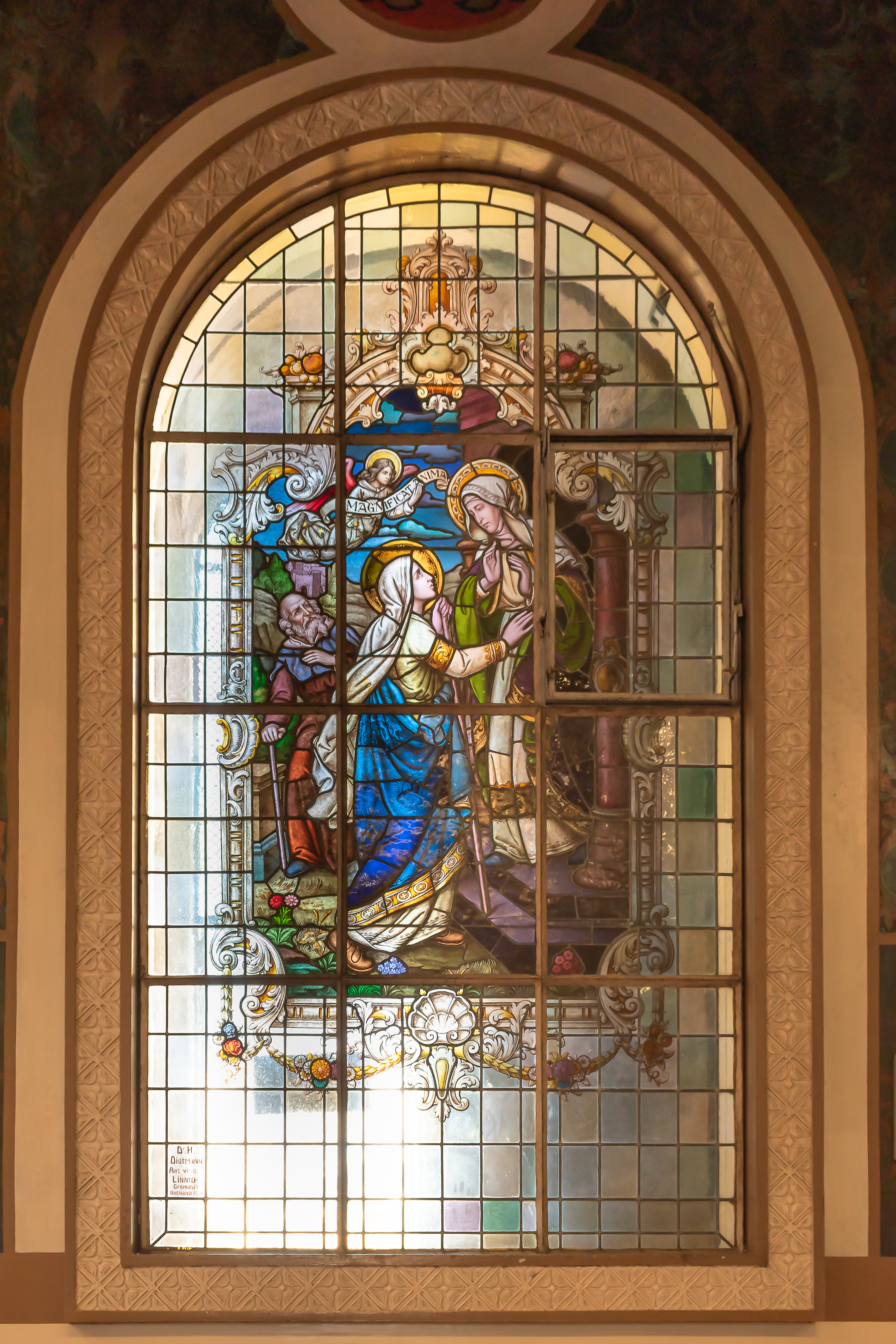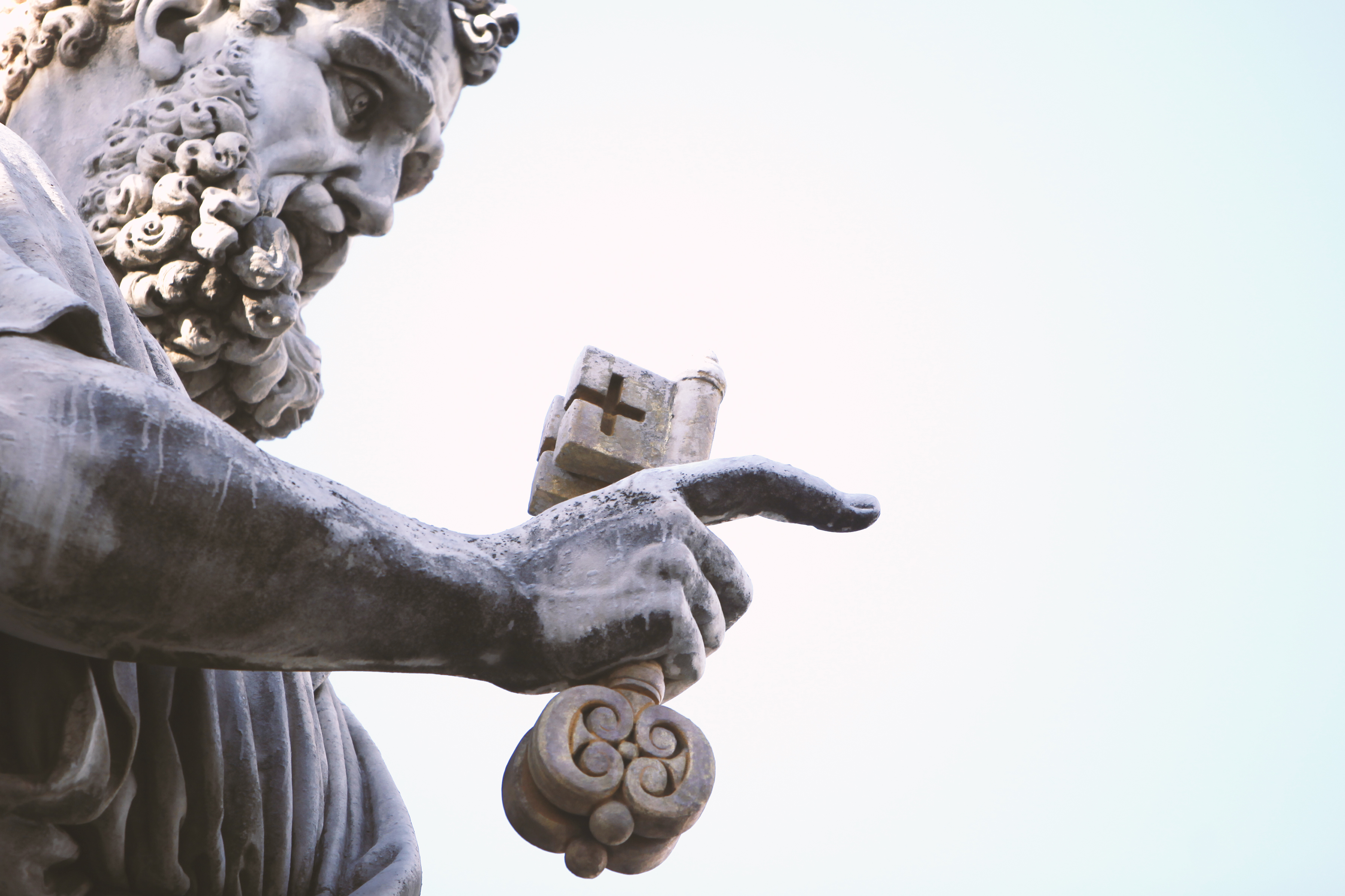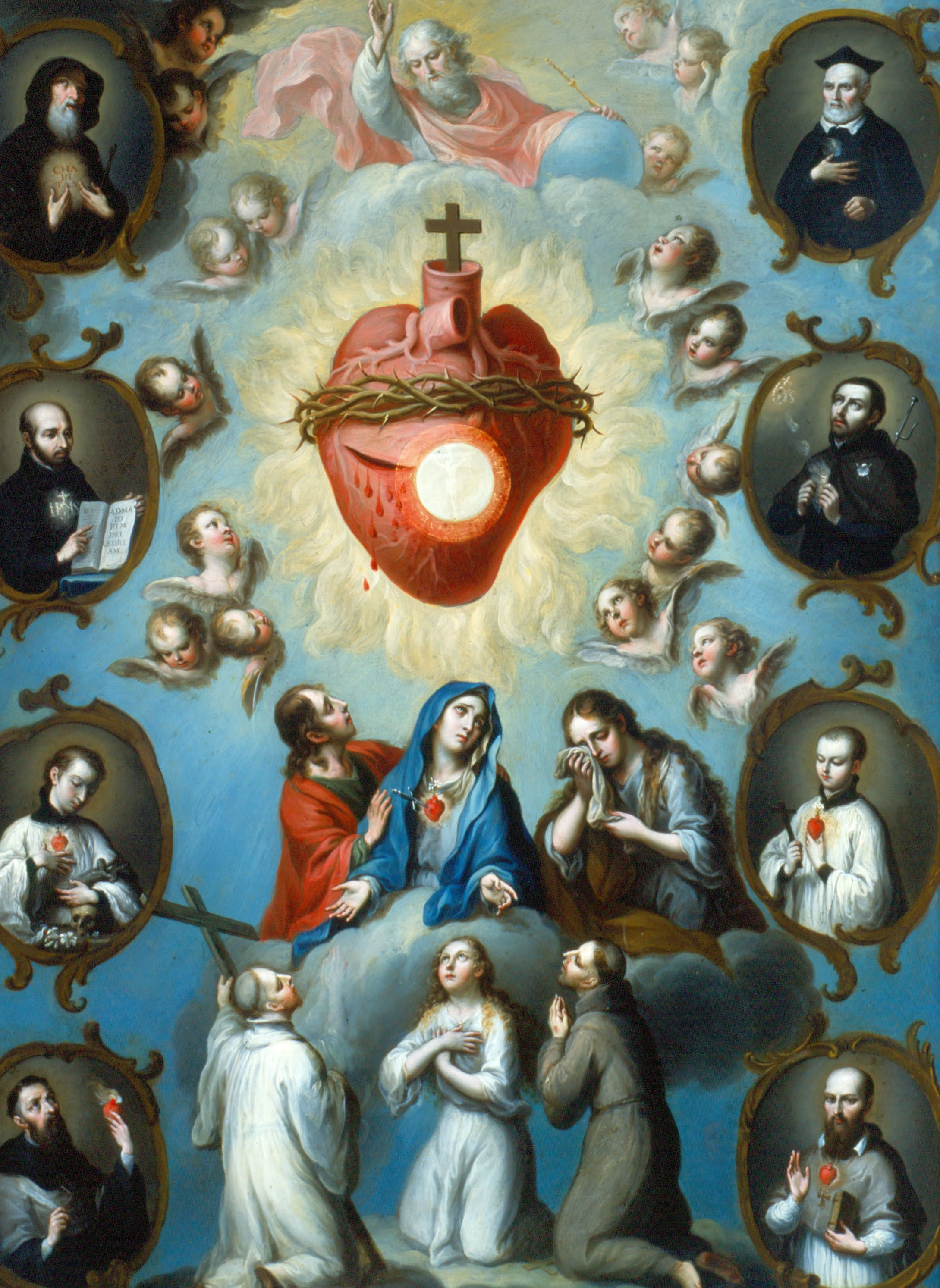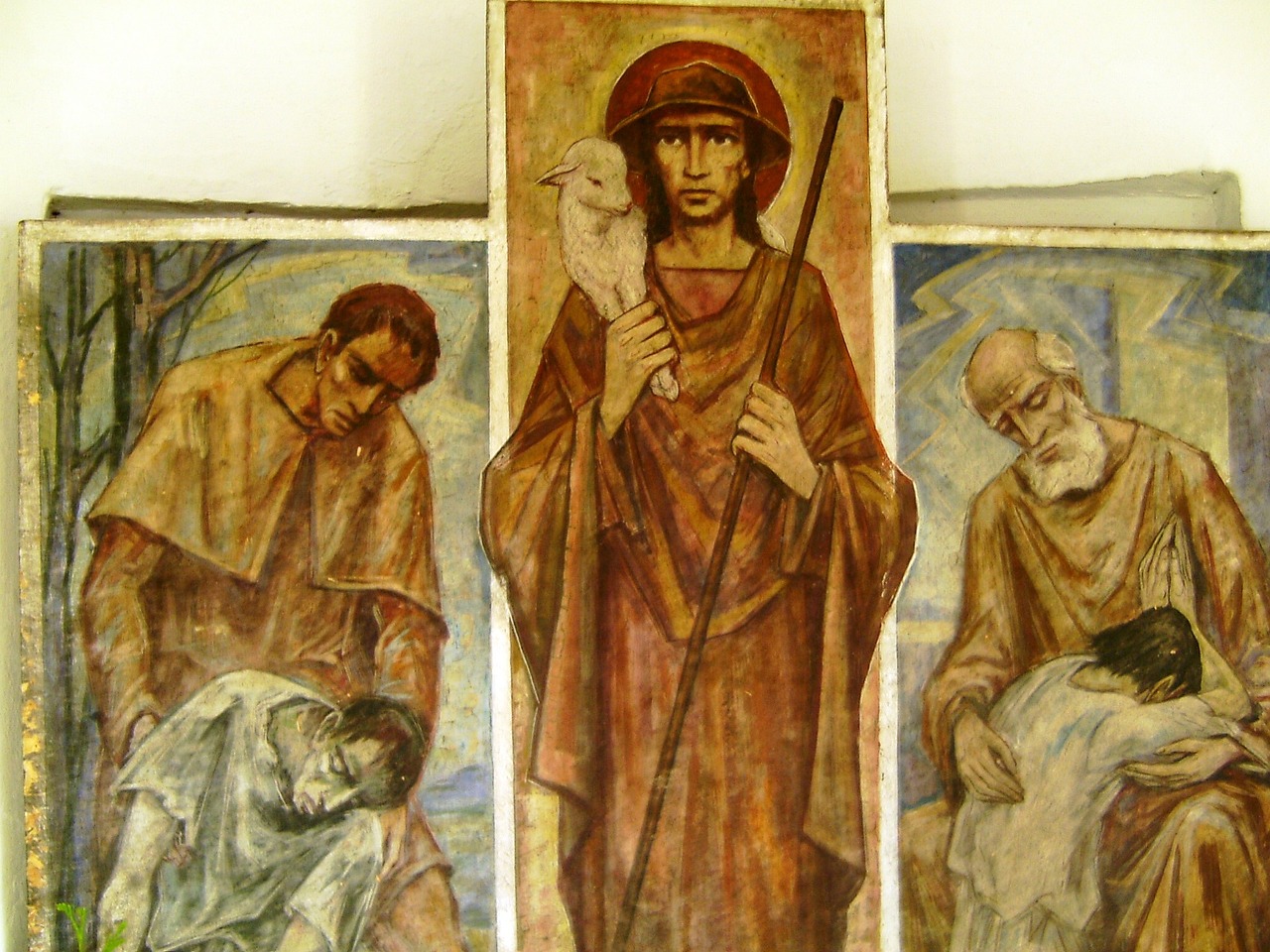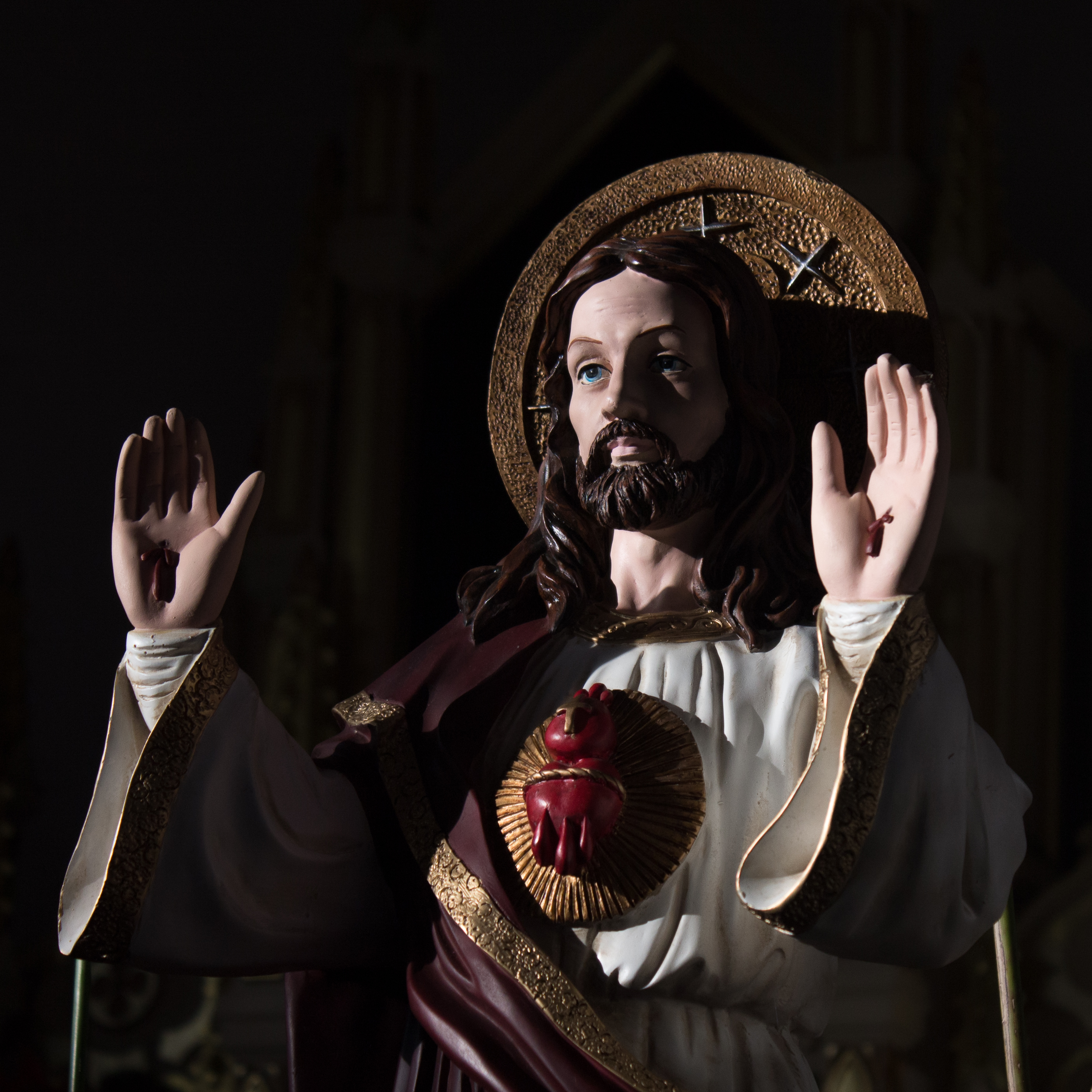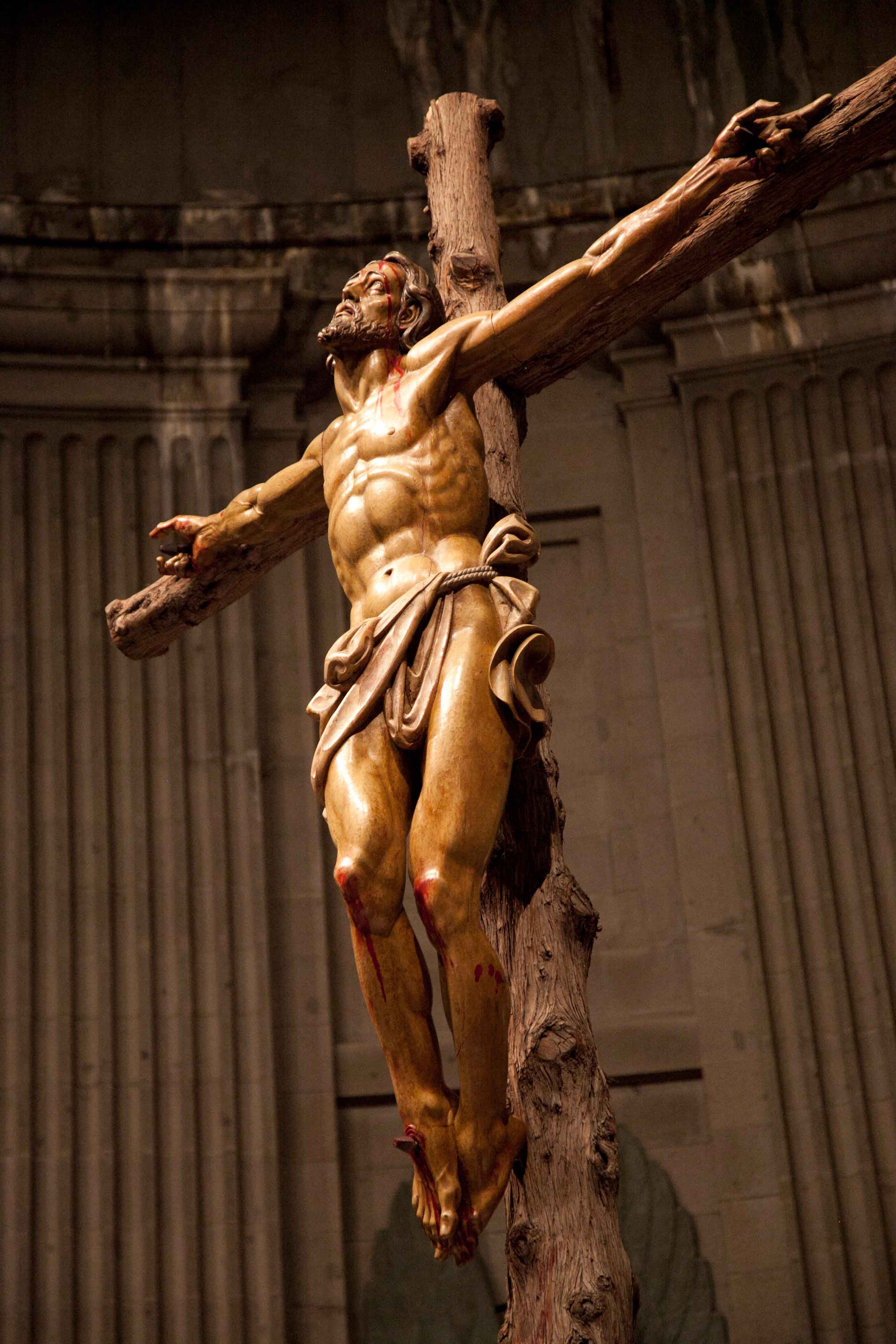Love drives us beyond our “selfwardness”, beyond our narrow vision, beyond our comfort zone, even beyond our natural limits, to desire, to seek, to do more than is necessary. Love for the Lord springs from our confidence that we are loved by the Lord, and prompts us to ask so that we will receive, seek so that we will find, knock so that it will be given to us.
Today we celebrate the Feast of Mary Magdalene, whose love for the Lord has her seeking Him and Him alone. She is undeterred by the risk of being arrested and apparently unmoved by the presence of two angels speaking to her. She is focused on finding anew the One Who has loved her into wholeness, to whom she has dedicated her life and her means, and the source of her joy and peace.
But when she turns away from the tomb, she does not see Jesus right in front of her. How can she miss this? Because she is looking for a dead body. She could not have guessed that Jesus was alive, glorified, and again at work in the world. She does not recognize the One she loves until He speaks her name.
This is a mistake we all can make: we are expecting the Lord to reveal Himself in a certain way, and so we cannot see Him when He works in surprising ways. He is, after all, a God of surprises. Often, we have lost our sense of wonder and awe and patient openness. We look for Him to answer our prayers in a specific way, in a specific time; when He says, “Actually, I have a better idea,” we cannot recognize His hand at work.
Today, let us open our whole selves to His presence in whatever way HE wills to reveal Himself; then, our seeking will always be rewarded because we will receive Him as He gives Himself, hear Him when He speaks what we truly need to hear and provides what we truly need to draw closer to Him in the way that He knows is best.
Mary Magdalene, pray for us, that we will receive the grace we need to see the Lord clearly in our lives every day. Then, we can say with you, “I have seen the Lord.”
El amor nos lleva más allá de nuestro “egoísmo”, más allá de nuestra visión estrecha, más allá de nuestra zona de confort, incluso más allá de nuestros límites naturales, a desear, a buscar, a hacer más de lo necesario. El amor al Señor brota de nuestra confianza en que somos amados por el Señor y nos impulsa a pedir para recibir, buscar para encontrar, llamar para que nos sea dado.
Hoy celebramos la Fiesta de María Magdalena, cuyo amor por el Señor la lleva a buscarlo a Él y únicamente a Él. Ella no se deja intimidar por el riesgo de ser arrestada y aparentemente no se conmueve ante la presencia de dos ángeles que le hablan. Ella está enfocada en encontrar de nuevo a Aquel que la ha amado en su plenitud, a quien ha dedicado su vida y sus medios, y la fuente de su alegría y paz.
Pero cuando se aleja de la tumba, no ve a Jesús que está justo enfrente de ella. ¿Cómo puede perderse esto? Porque está buscando un cadáver. Ella no podría haber adivinado que Jesús estaba vivo, glorificado y nuevamente obrando en el mundo. Ella no reconoce a Aquel que ama hasta que Él pronuncia su nombre.
Este es un error que todos podemos cometer: esperamos que el Señor se revele de cierta manera y, por lo tanto, no podemos verlo cuando obra de maneras sorprendentes. Después de todo, es un Dios de sorpresas. A menudo hemos perdido nuestro sentido de asombro y apertura paciente. Buscamos que Él responda nuestras oraciones de una forma específica, en un momento específico; cuando dice: “En realidad, tengo una idea mejor”, no podemos reconocer Su mano en acción.
Hoy, abramos todo nuestro ser a Su presencia en cualquier forma que ÉL quiera revelarse; así nuestra búsqueda siempre será recompensada porque lo recibiremos tal como Él se entrega, lo escucharemos cuando habla lo que realmente necesitamos escuchar y brindaremos lo que realmente necesitamos para acercarnos a Él de la manera que Él sabe que es mejor.
María Magdalena, ruega por nosotros, para que recibamos la gracia que necesitamos para ver al Señor claramente en nuestras vidas todos los días. Entonces podremos decir contigo: “He visto al Señor”.
 Kathryn Mulderink, MA, is married to Robert, Station Manager for Holy Family Radio. Together they have seven children (including Father Rob), and eight grandchildren. She is President of the local community of Secular Discalced Carmelites and has published five books and many articles. Over the last 30 years, she has worked as a teacher, headmistress, catechist, Pastoral Associate, and DRE, and as a writer and voice talent for Catholic Radio. Currently, she serves the Church by writing and speaking, and by collaborating with various parishes and to lead others to encounter Christ and engage their faith. Her website is www.KathrynTherese.com
Kathryn Mulderink, MA, is married to Robert, Station Manager for Holy Family Radio. Together they have seven children (including Father Rob), and eight grandchildren. She is President of the local community of Secular Discalced Carmelites and has published five books and many articles. Over the last 30 years, she has worked as a teacher, headmistress, catechist, Pastoral Associate, and DRE, and as a writer and voice talent for Catholic Radio. Currently, she serves the Church by writing and speaking, and by collaborating with various parishes and to lead others to encounter Christ and engage their faith. Her website is www.KathrynTherese.com
Feature Image Credit: Emma Shappley, unsplash.com/photos/white-wooden-table-decor-8huCshiNhro

